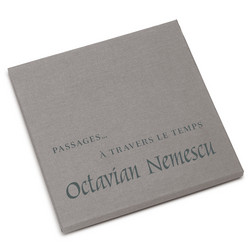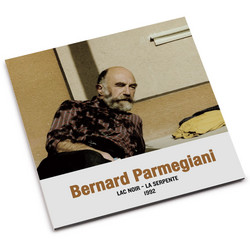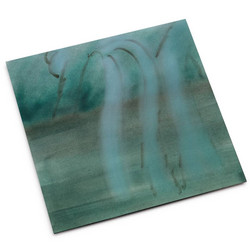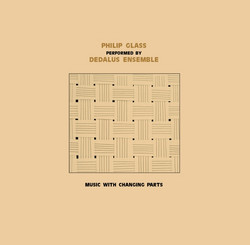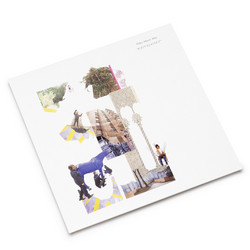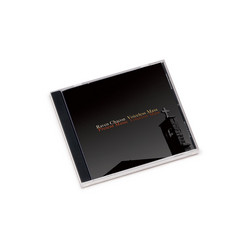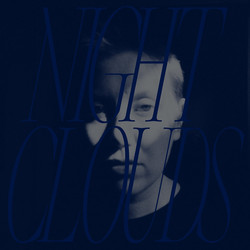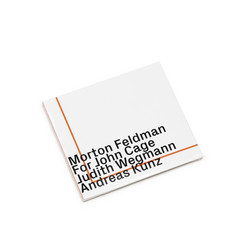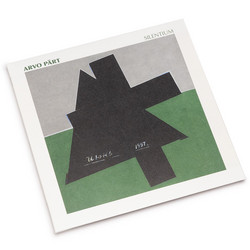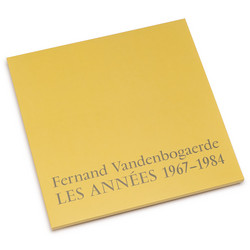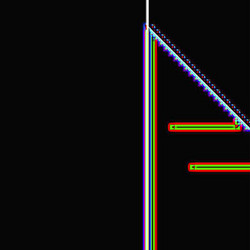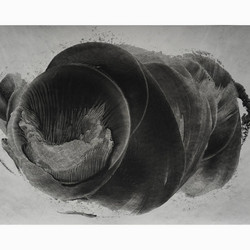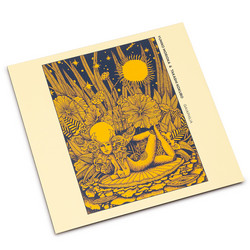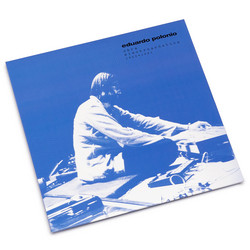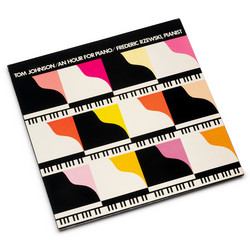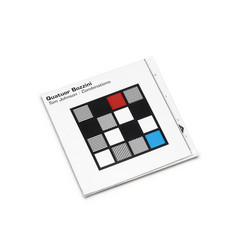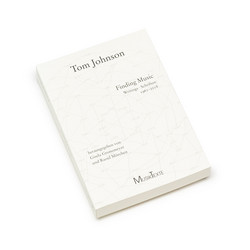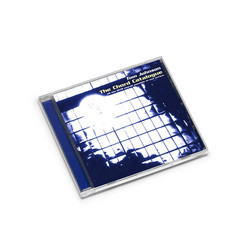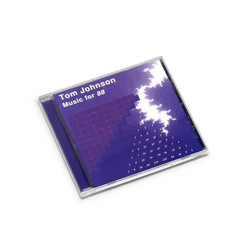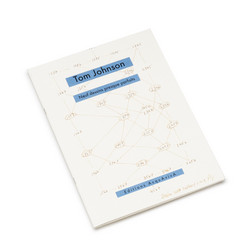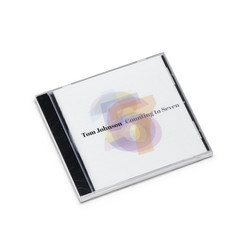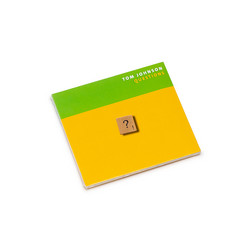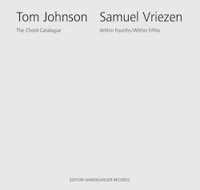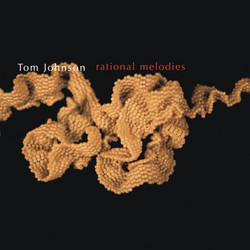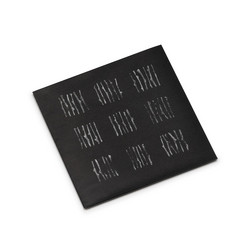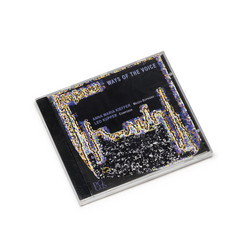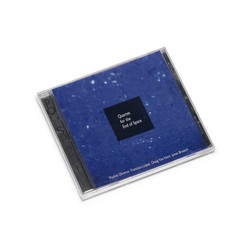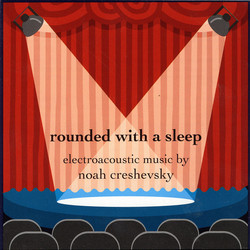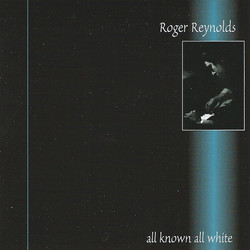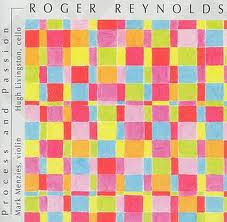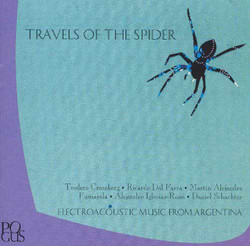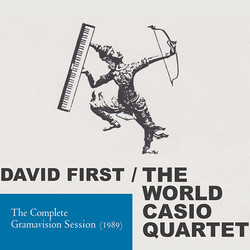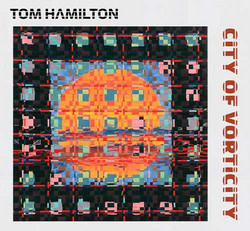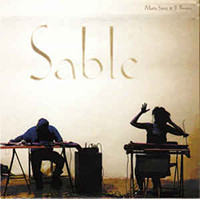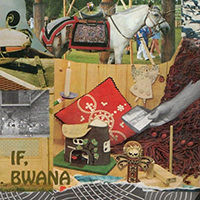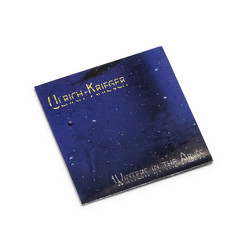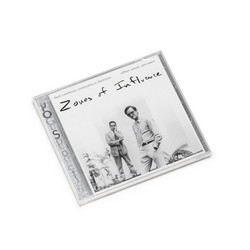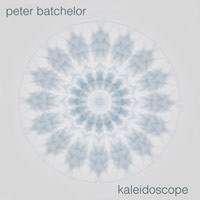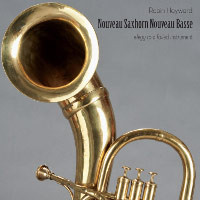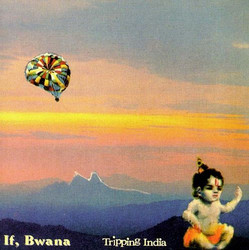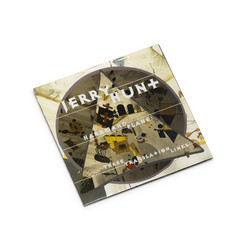In Kientzy Loops, the accompanying loop is a mix of six alto saxophones played in continuous blowing, while the principal lines are played on alto saxophone, except for the third section, played on baritone. The piece, premiered at the auditorium of the ADAC in Paris, was awarded a French national prize in the Victoires de la musique as the best piece of contemporary music for the year 2000. We are indebted to our friend Marc Chemillier for La Tortue de mer. As a mathematician Chemillier became interested in the unique geometry of drawings made in the sand by the people of Vanuatu in the South Pacific. This (turtle) drawing, and there are many others, consists of a single line with a total of 103 turns, and one must draw the sequence so that the symmetrical form comes out just right. The drawing is systematic, and it also makes a lovely logical form when translated into music. We decided the sequence would sound best played on the contrabass saxophone, tuned an octave lower than the baritone, a rare instrument with heavy notes that seem to mimic the embarrassing slowness of these giant sea creatures. Narayana's Cows, inspired by an Indian mathematician of the 14th century, and playable on any combination of instruments, is written on three staves: the complete melody, the reduced bass melody, and the drone. The present multi-track saxophone version is probably as rich and energetic as any of the large ensemble versions. The melody is played by threeoverdubbed sopranino saxophones in unison, the bass line is played by three baritones, and the drone is played by three altos. In each of the four Infinite Melodies the music follows a logical sequence requiring each subsequent phrase to become longer and longer, reaching out toward infinity. Since the four melodies are independent pieces, it is not necessary that they be played in the written sequence. In this case the interpreter ordered his four interpretations according to their contrast and durations, so that the CD ends with Infinite Melody No. 1. Here the music contains longer and longer silences, finally ending with a silence so long that it seems to dissolve into infinite silence as the CD player stops turning
Details
Cat. number: P21033-2
Year: 2005
